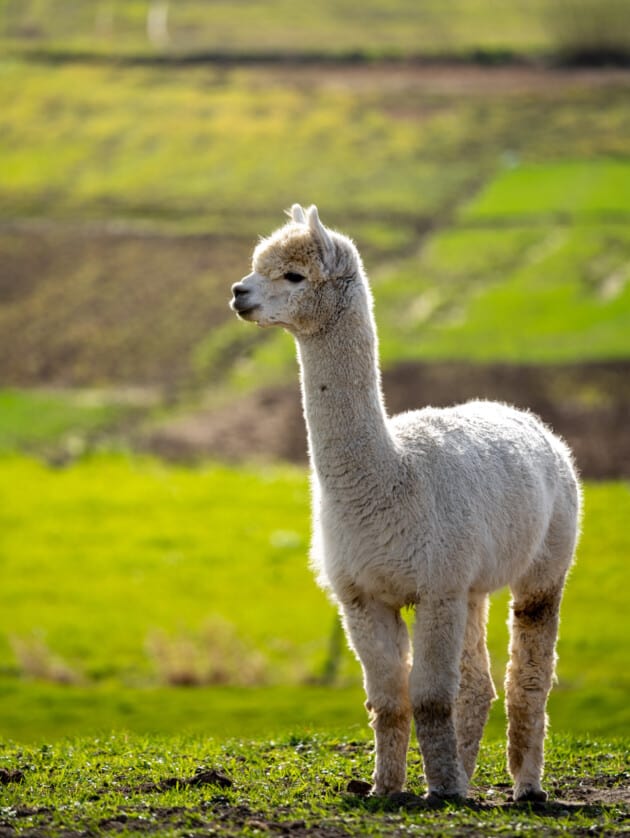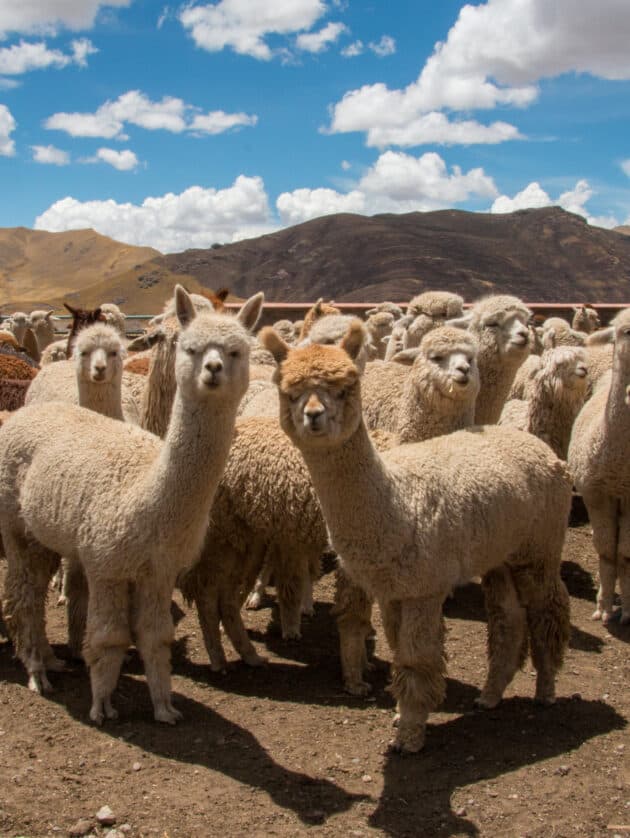The Responsible Alpaca Standard safeguards the welfare of alpacas and the ecosystems around them.
The Responsible Alpaca Standard (RAS) is a voluntary standard that requires all sites, from alpaca farms through to the seller in the final business-to-business transaction, to be certified. RAS farmers and ranchers must meet animal welfare, land management, and social requirements.
GOALS
We’re setting the criteria for agricultural practices that are better for animals and the land.

HOW IT WORKS
Tracing alpaca fibers from farm to final product.

DEVELOPMENT
Catch up on revisions and changes
Version 1.0 of the Responsible Alpaca Standard was released on April 20, 2021. The next revision will be part of our wider move towards a single unified standard.
Frequently Asked Questions
If you have a question not answered here, get in touch with us directly, and we’ll be happy to answer it for you.
Are Textile Exchange standards recognized globally?
Yes, all our standards apply globally. You can use our logos worldwide as long as you meet the requirements for logo use and claims.
Do you have translations of your standards available in other languages?
Visit the Document Library to see all standards documents. For some, translations are available.
Can I use your standards to know the identity of an alpaca farm?
Our standards aren’t designed to provide full supply chain transparency. If you’re interested in doing the work of identifying all of sites, then you need to work directly with your suppliers and request that they disclose their sources to you. We are working on the development of a traceability system, however. You can learn more here.